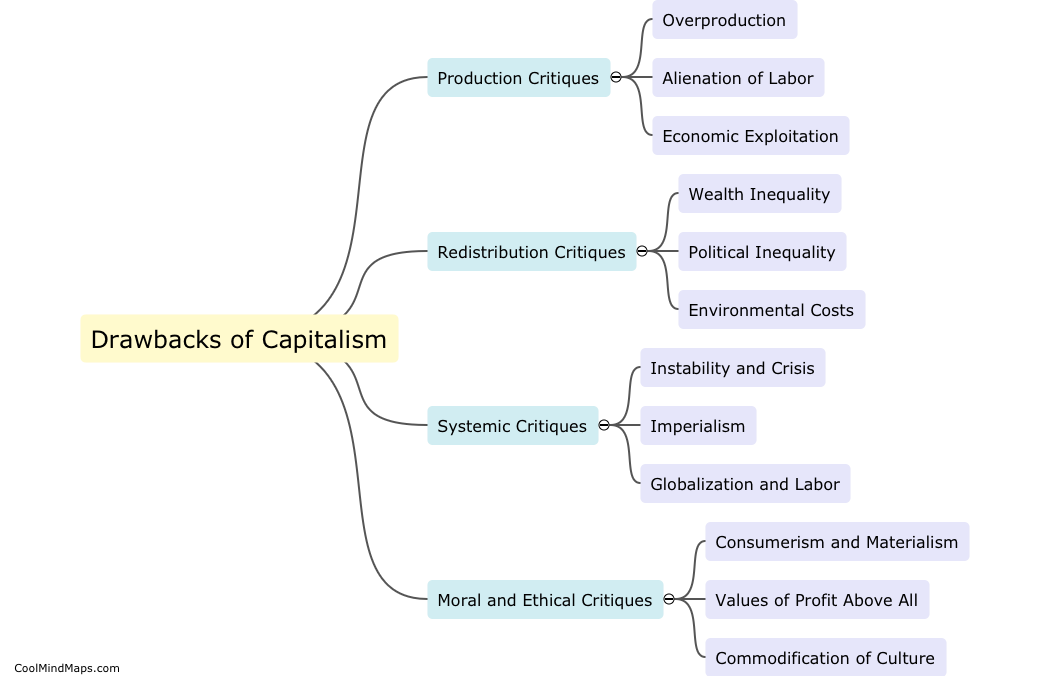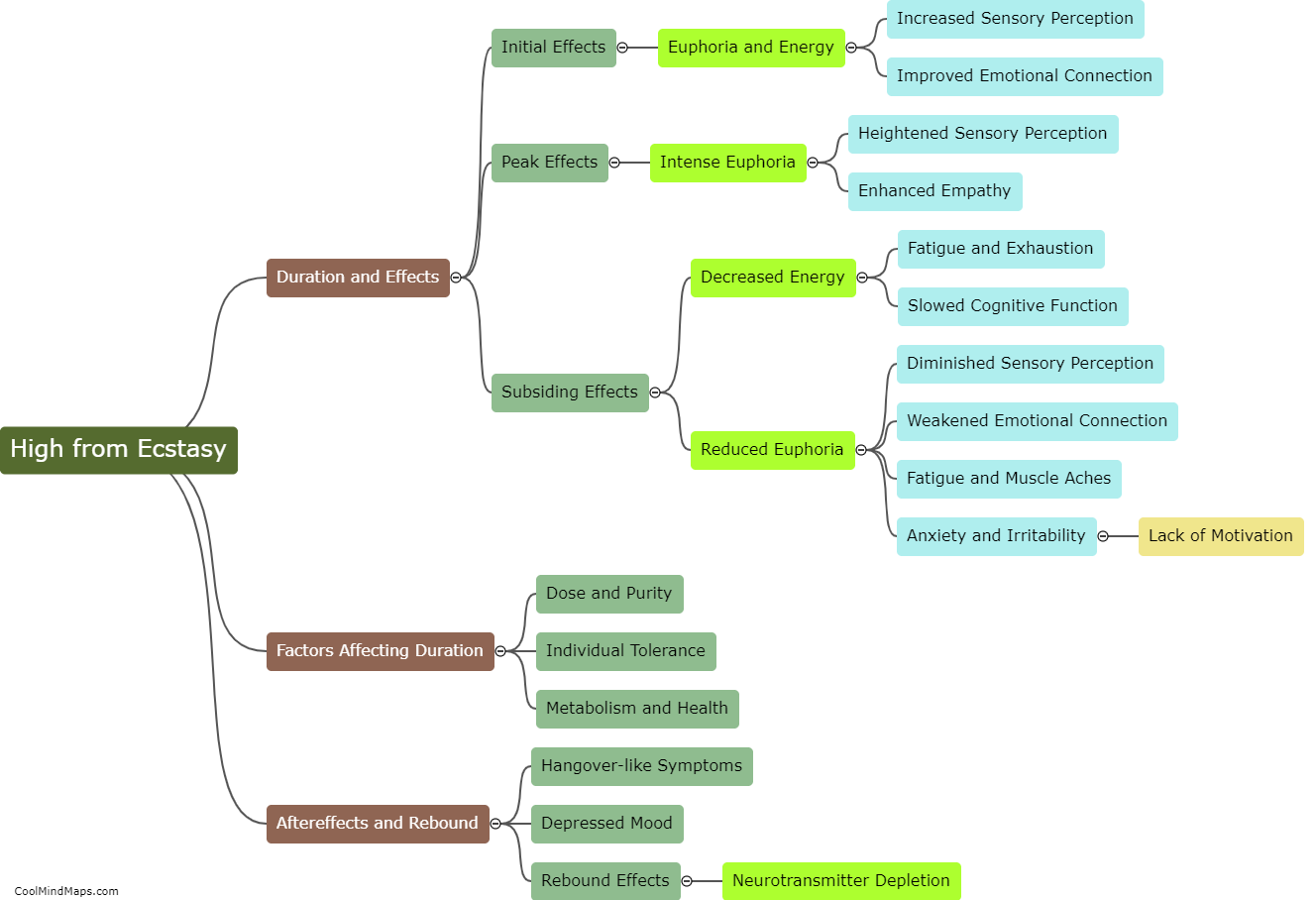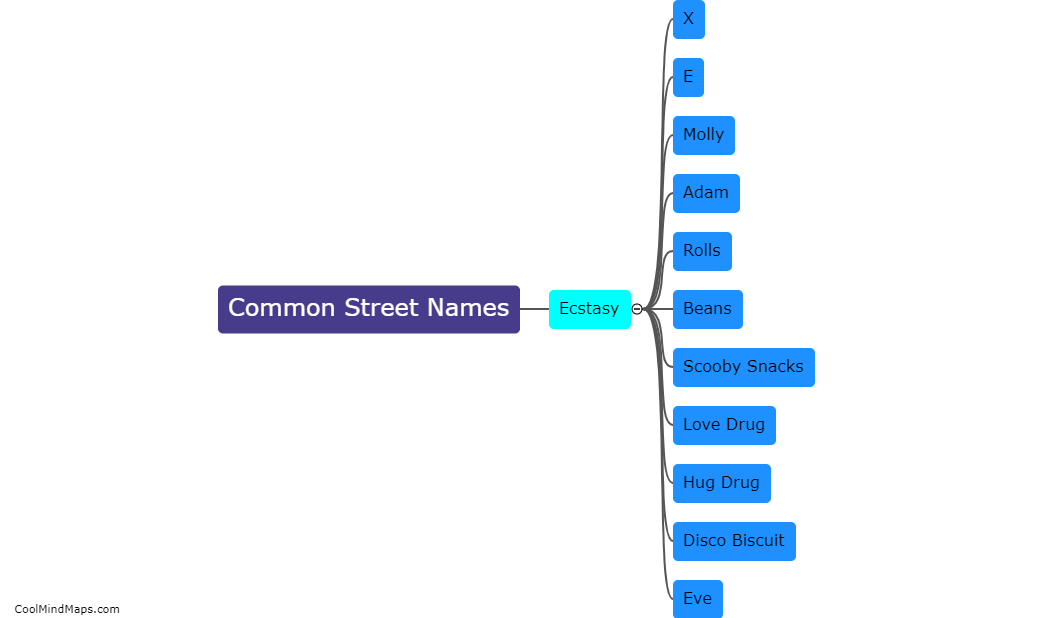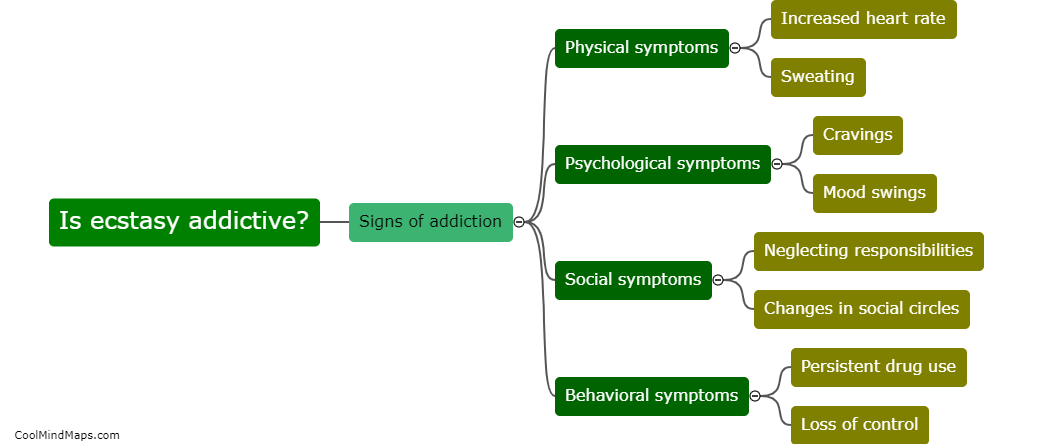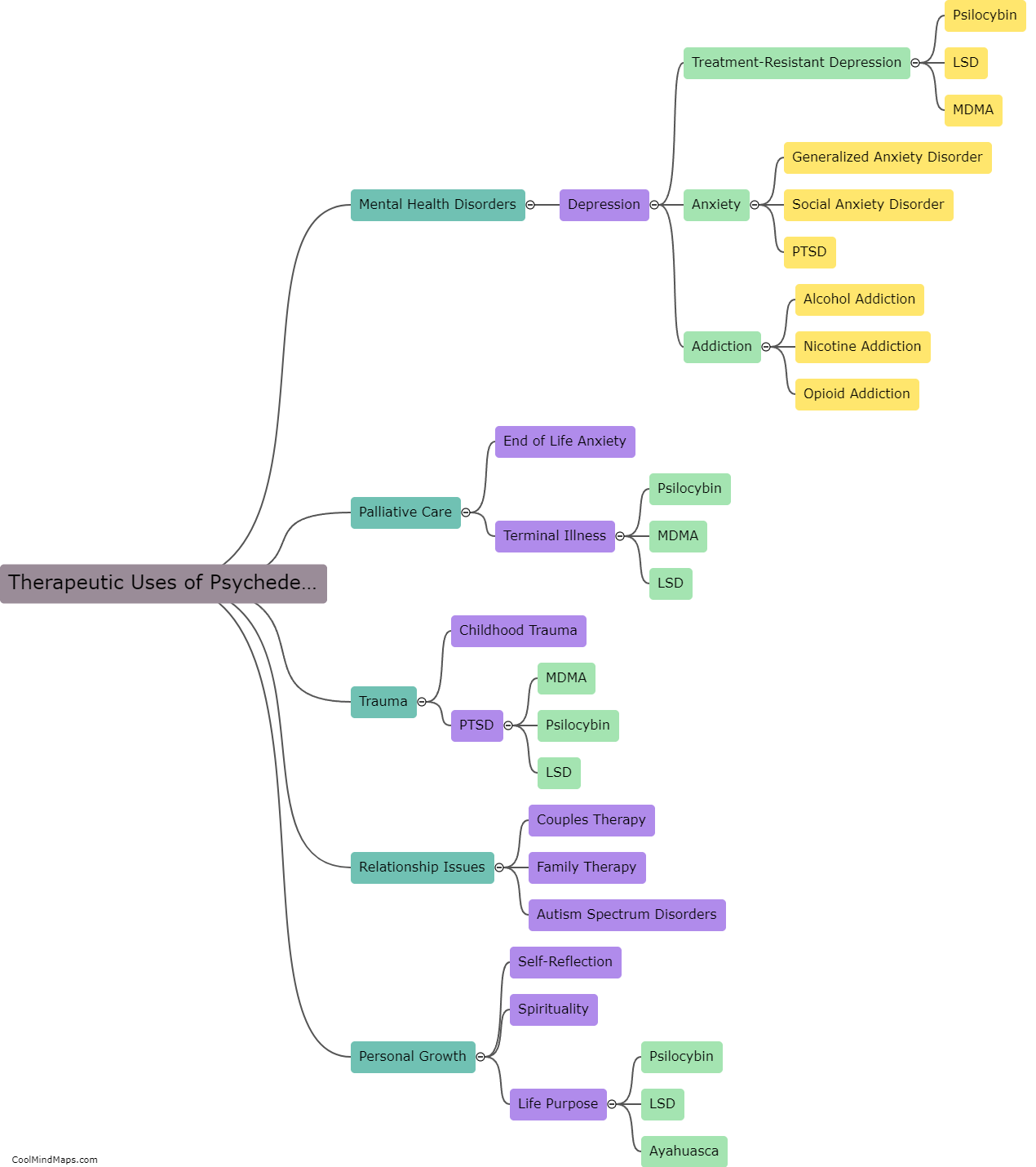How do psychedelics affect the brain?
Psychedelics, such as LSD, psilocybin, and DMT, exert profound effects on the brain by targeting serotonin 2A receptors. These compounds cause alterations in perception, thinking, and emotions, resulting in unique subjective experiences. Studies using brain imaging techniques have shown that psychedelics can induce increased connectivity between brain regions that do not usually communicate, leading to a breakdown of the default mode network. This network is involved in self-reflection, introspection, and daydreaming. It is believed that the disruption of this network under the influence of psychedelics may contribute to the dissolution of the self and the profound altered states of consciousness people report. Additionally, these drugs may modulate other neurotransmitter systems, including glutamate and dopamine, further influencing perception, mood, and cognition. Despite their potential psychological benefits, research is ongoing to better understand the long-term effects and potential risks associated with psychedelics.
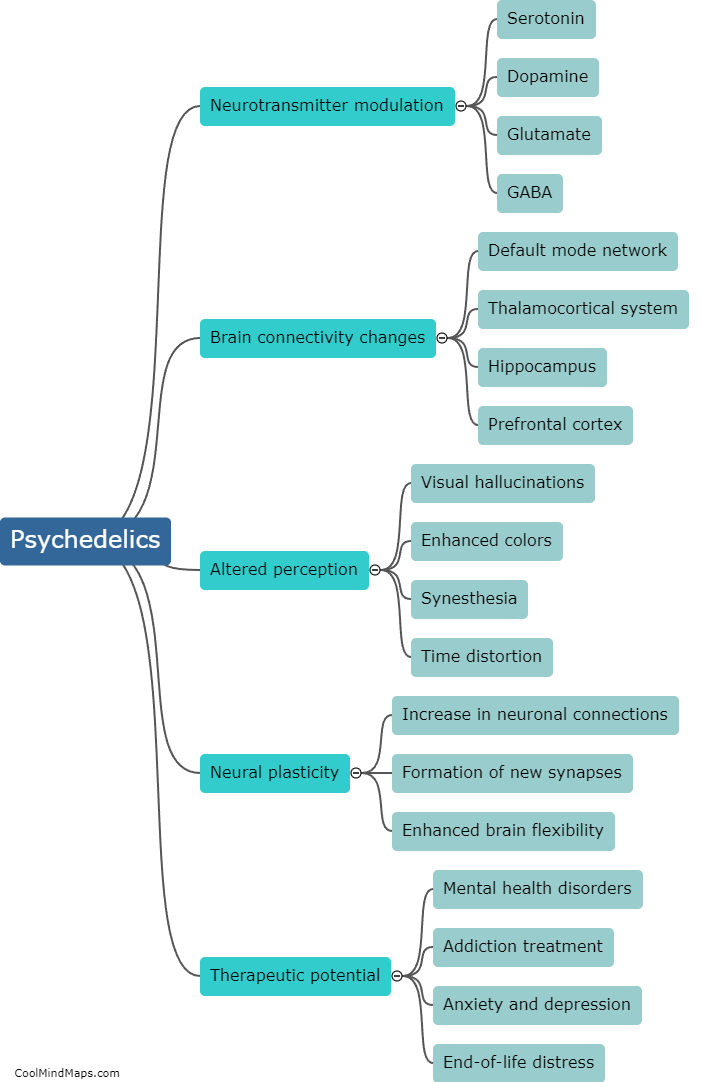
This mind map was published on 19 December 2023 and has been viewed 82 times.
